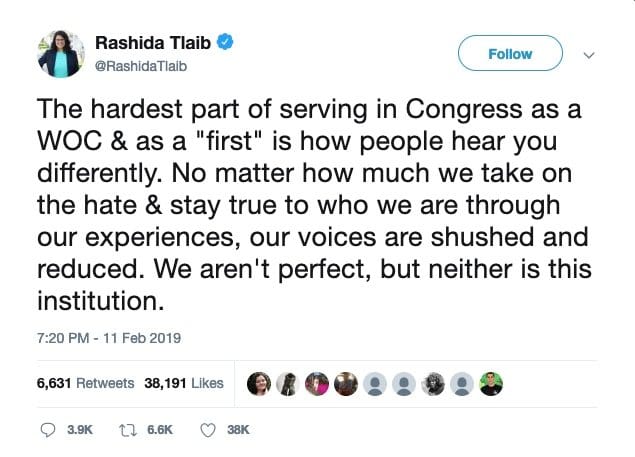The Manufactured Controversy About Ilhan Omar and the Israel Lobby
The firestorm that greeted newly elected Congresswoman (D-MN) Ilhan Omar’s tweets about the Israel lobby’s clout in Congress reveals as much about her critics as it does about the rising tide of progressive politicians who no longer show deference to establishment prohibitions on criticizing Israel.











